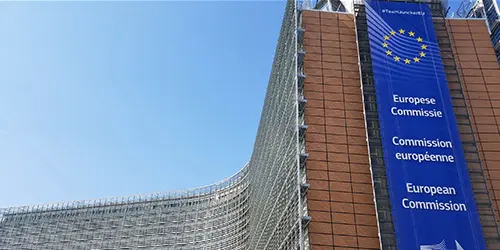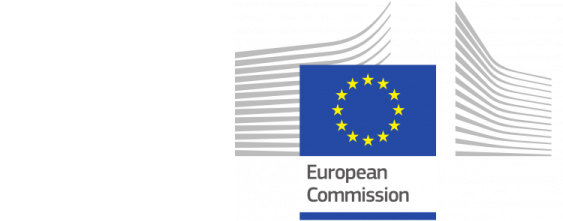In August 2024, Mina Doade took a crucial step by applying for inclusion in the list of Strategic Projects under the European Union’s Critical Raw Materials Act (CRMA). This application, submitted to the European Commission, seeks to have the lithium extraction project in Doade-Beariz (Ourense) recognised as being of public interest, highlighting its importance in securing the supply of strategic raw materials and ensuring the proper functioning of the European internal market.
The European Commission received a total of 170 applications for Strategic Projects under the Critical Raw Materials Act (CRMA) before the deadline of 22 August. This high number of applications, including 77 for extraction, 58 for processing, 30 for recycling and 5 for substitution, demonstrates the strong commitment of the private sector to securing the supply of strategic raw materials such as lithium, nickel, cobalt and graphite. Most applications come from within the EU, but 49 significant applications have also been received from outside the EU. The evaluation of these applications will be carried out with the support of external experts, and the final list of strategic projects is expected to be published before the end of the year.
The European Union’s Critical Raw Materials Act 2024/1252 (CRMA), which came into effect in May 2024, aims to diversify and secure the supply of strategic raw materials. The EU identifies a raw material as critical based on two criteria: its economic importance and the risk associated with its supply. Economic importance is measured using the raw material in key sectors for the EU, such as automotive, technology and industry. The supply risk is considered high when production and imports are concentrated in countries with high political instability, or when the material is difficult to recycle or substitute.
Applying these criteria, the European Commission has identified 34 critical raw materials, among which is lithium, an essential component for battery production and, therefore, crucial for the transition towards a decarbonised economy.
If Mina Doade is ultimately included in the list of Strategic Projects, it would entail significant benefits. According to EU’s plans, there projects will have access to more streamlined authorisation channels and processes and will be prioritised for funding. All of this while maintaining the legal deadlines required by national legislations. The European Commission plans to formalise this list in December 2024.
Being recognised as a Strategic Project by the EU results in a series of advantages over other projects not chosen as such to ensure a faster and more effective European decarbonisation.
One of these advantages is the possibility of obtaining permits within a maximum of 27 months, thus accelerating the project’s viability and ensuring a more stable lithium supply. This metal is vital not only for the European battery industry but also for reducing the EU’s dependence on a single third country.
According to the CRMA, by 2030, the annual consumption of any strategic raw material coming from an external country should be at most 65%. Currently, China dominates the lithium market, absorbing 70% of the world’s lithium compounds and representing the same percentage in its global consumption, mainly for battery manufacturing
Mina Doade has formally initiated the application process with the Directorate-General for Internal Market, Industry, Entrepreneurship and SMEs (DG GROW) of the European Commission. This step reinforces the project’s commitment to the highest standards, aligning with the EU’s objectives in terms of supply of raw materials.
It is crucial to understand that this project not only involves the economic development of the region but also represents a significant contribution to the security of the supply of strategic raw materials for the whole of Europe.
Lithium mining in Doade-Beariz will not only place Galicia as a key location on the map of critical raw materials but will also contribute to the sustainability and decarbonization of the European economy.



